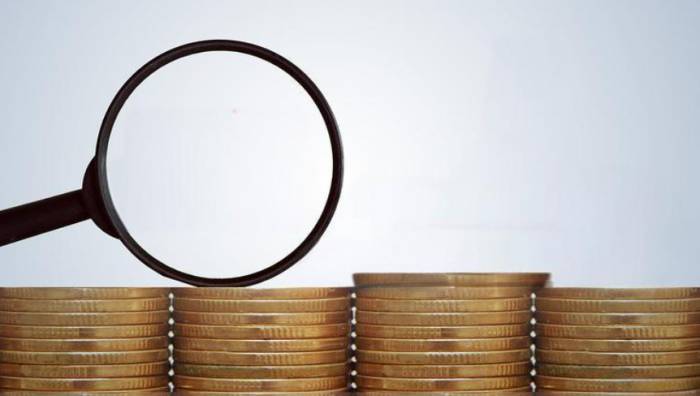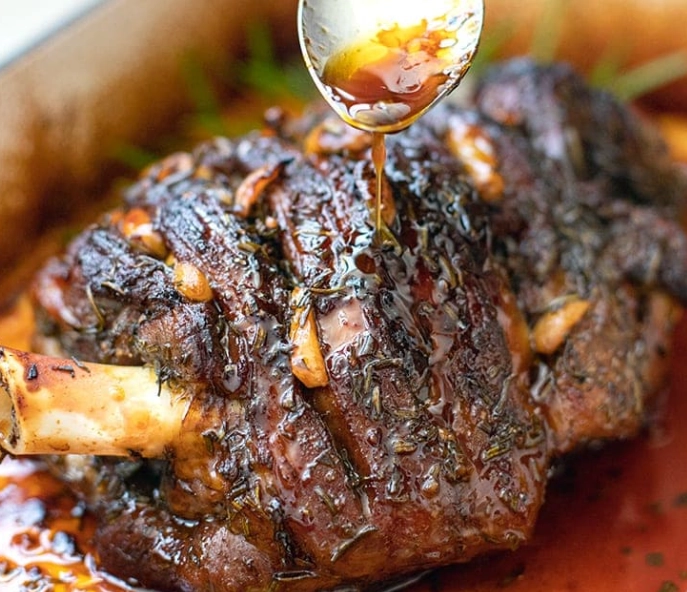In tax policies, when it comes to small-scale taxpayers, everyone should be familiar with the term. Small-scale taxpayers refer to individual businesses and enterprises with a taxable income not exceeding 300,000 yuan, who enjoy certain preferential tax policies.
Among them, the policy of "exempting value-added tax for small-scale taxpayers with quarterly sales not exceeding 300,000 yuan" is very popular among small and micro enterprises. However, in practice, many taxpayers have misunderstandings about this policy, which may lead to unnecessary tax risks. The following will provide a detailed analysis of this tax exemption misconception to help taxpayers better understand and apply the policy.
**Myth 1: Tax exemption means all taxes are exempted.**
This is one of the most common misconceptions.
Tax exemption usually only involves value-added tax and does not include other types of taxes, such as corporate income tax. Therefore, even if the tax exemption threshold is reached, businesses still need to pay other taxes. As a result, taxpayers should not neglect the reporting obligations for other types of taxes while enjoying the tax exemption policy.
**Myth 2: No need to record or apply for the tax exemption policy.**
Although the tax exemption policy for small-scale taxpayers with quarterly sales not exceeding 300,000 yuan is relatively simple and clear, taxpayers still need to record or apply according to the requirements of the tax authorities. Otherwise, if there are tax issues, they may face penalties for not fulfilling the recording procedures. Therefore, taxpayers should ensure that they complete the relevant recording or application procedures according to the requirements of the local tax authorities before the tax exemption policy takes effect.
**Myth 3: The tax exemption policy applies to all small-scale taxpayers.**
Although the tax exemption policy is applicable to small-scale taxpayers, not all small-scale taxpayers can enjoy it. Some special industries or enterprises may have special regulations and need to pay taxes according to the relevant regulations. Therefore, small-scale taxpayers should carefully understand the scope of application to avoid assuming that the policy applies to all situations. As a result, before enjoying the tax exemption policy, taxpayers should carefully read the relevant policy documents to ensure that they meet the conditions for tax exemption.Myth 4: The tax-exempt threshold is the limit for a certain type of bill
In reality, the tax-exempt threshold is the upper limit of the total amount for general bills and special bills.
Myth 5: Value-added tax (VAT) special invoices can also be tax-exempt
This is also a common misconception. Tax exemption only applies to the amount issued on general invoices; for VAT special invoices, enterprises still need to pay taxes according to the amount issued on the invoice.
Myth 6: The 300,000 yuan tax-exempt threshold is the amount after tax
This is incorrect. The 300,000 yuan tax-exempt threshold actually refers to the pre-tax amount, which means that enterprises should base their calculation of taxes payable on this amount. There may be a certain gap between the pre-tax amount and the actual amount received, as other factors such as input tax need to be considered.
In summary, although the quarterly 300,000 yuan tax-exempt policy for small-scale taxpayers has brought tangible benefits to many small and micro enterprises, taxpayers should also avoid falling into these misunderstandings while enjoying the policy. Only by correctly understanding and applying the policy can enterprises ensure tax compliance and stable development.
Follow me to learn more about financial and tax tips!



























Comments